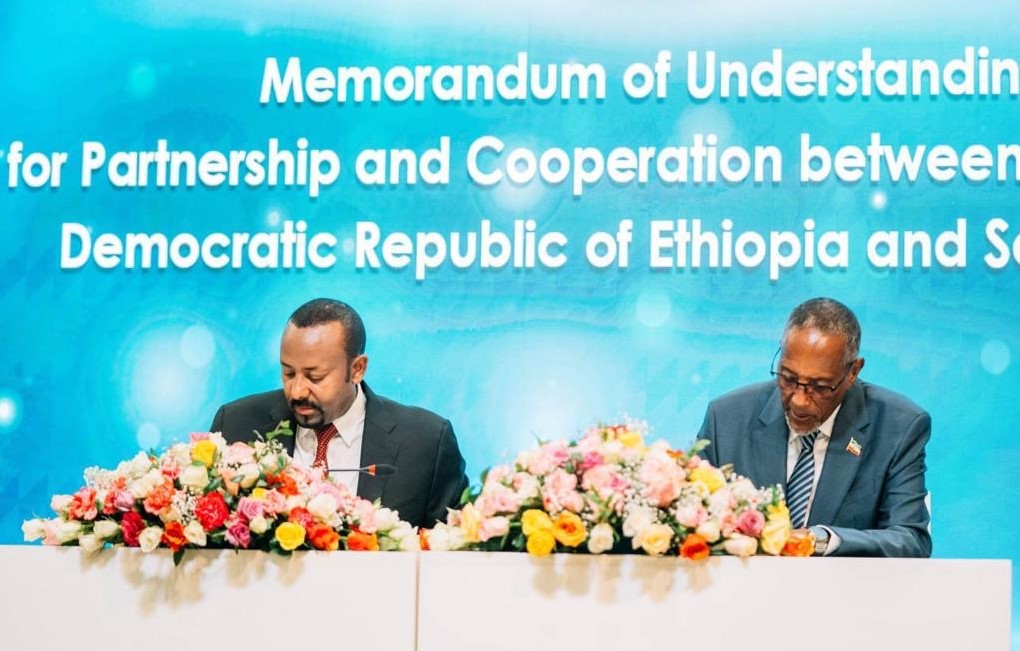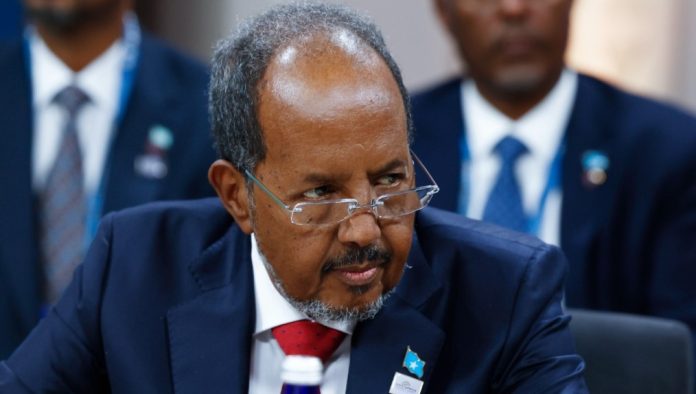Turkey has asserted itself as a mediator in the Ethiopia-Somalia crisis, agreeing to further host talks between the two sides in Ankara in September after initial negotiations occurred on Monday. The talks seek to mediate agitated tensions between Ethiopia and Somalia over a deal that Ethiopia signed with the separatist region of Somaliland for access to the Red Sea.
What is the Deal?
The deal in question was signed between Ethiopia and the breakaway government of Somaliland on January 1st. The ‘Memorandum of Understanding’ (MoU) will see Ethiopia gain access to the Somaliland port of Berbera. In exchange for access to 20km of coastline, and thus access for Ethiopia to the Gulf of Aden and the Red Sea, Ethiopia has stated they will recognize Somaliland’s independence, and establish official diplomatic ties.

If Ethiopia recognizes Somaliland’s independence, it will be the first state to do so. Ethiopia has long maintained unofficial diplomatic ties with Somaliland; however, the establishment of official ties would provide Somaliland with a sense of legitimacy.
Though Somaliland has largely operated independently since 1991, it has gone unrecognized on the international stage. The borders are based upon former colonial borders, with Somaliland being a previous British colony, and Somalia itself being a former Italian colony. The African Union’s official policy opposes border shifts to colonial borders, meaning it opposes Somaliland’s independence.
Somaliland has enjoyed relative peace and stability compared to the remainder of Somalia, which is stricken with insurgency amidst a decades-long civil war.
Rising Tempers
After the MoU was signed, Somalia immediately rejected it, claiming it violated its sovereignty. Ethiopia maintained its position, claiming the deal was legitimate and not a violation of Somalia’s sovereignty.
Fears of a regional conflict quickly rose as Somalia vowed to defend its acclaimed territory and when Egypt, which has its own disputes with Ethiopia, vowed to support Somalia.

Ethiopian Prime Minister Abiy Ahmed stated he does not intend to go to war with Somalia over the deal, but has thus far refused to back down on it. Despite this, Ethiopia has yet to go through with the terms of the deal, not yet issuing a recognition of Somaliland and not yet accessing the Port of Berbera.
Doubts have been raised as to Somalia’s ability to carry through on its vow to defend its territory, particularly as a significant Ethiopian force is stationed in Somalia under the African Transition Mission in Somalia (ATMIS). Somalia threatened to expel the Ethiopian troops over the deal, stating they would do so by the end of the year unless Ethiopia backed down on the deal.
Somalia also expelled Ethiopia’s ambassador over the deal in April.
It is worth noting that ATMIS is set to withdraw by the end of the year anyway, and a smaller force is expected to replace it to continue assisting Somalia in reestablishing security over the nation.
Unsuccessful Negotiations and Signs of Progress
Several groups have attempted to mediate the situation. The African Union and the Intergovernmental Authority on Development (IGAD), an East African trade bloc of which Somalia and Ethiopia are members, have both attempted to mediate the crisis, to no avail. Further, the US, EU, Arab League, and several other international entities have called for negotiations on the matter and for respect for Somalia’s sovereignty.
Initially, Somalia outright refused negotiation on the matter, demanding a unilateral Ethiopian withdrawal from the deal and being unwilling to accept any alternative.
While talks in Turkey represent progress on this manner, it is unlikely Somalia will budge on the matter at all, so hopes are not high for a final resolution to be found in these talks.
Regardless, the Turkish Ministry of Foreign Affairs stated that Ethiopian Minister of Foreign Affairs Taye Atske Selassie, and Somalian Minister of Foreign Affairs Ahmed Moallim Fiqi, were “able to separately have a candid, cordial and forward-looking exchange.”
“The ministers of Somalia and Ethiopia reiterated their commitment to the peaceful resolution of differences, and expressed their appreciation to [Turkey] for its facilitation, as well as its constructive contributions.” -An Excerpt from the Statement of the Turkish Ministry of Foreign Affairs
The Turkish Ministry further added that the two sides had agreed to further talks to be hosted in Ankara on September 2nd, a notable step of progress.
Turkey has a unique relationship with Somalia, having strongly supported them since 2011. In February, Turkey and Somalia signed a defense pact, allowing Turkey to assist Somalia in defending its territorial waters.
It is possible Somalia’s reception to these talks versus previous attempts is due to this relationship.

